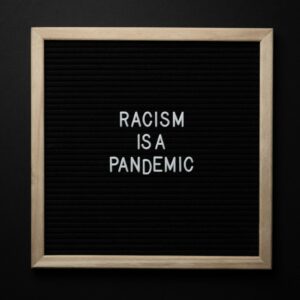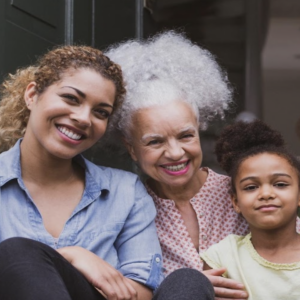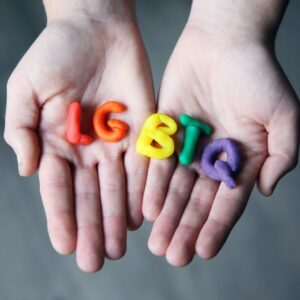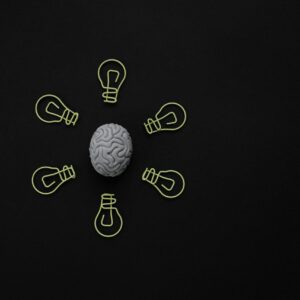Wellness Coaching Initiative Awareness Action Kits

RACE & ETHNICITY
Findings from human genetics research have challenged the view that race is genetically determined. Evolving research depicts that there is more within- rather than between-group variation in races. Due to the changing environment, this means that groups within a certain identifiable race would have more differences within their inner circle than differences with those who aren’t in their inner circles, leading scholars to conceptualize race as a social, rather than biological, construct.

AGE AND GENERATIONS
One aspect of diversity that often gets overlooked is age, yet age is the one element of diversity every human will eventually share. Demographic aging and increasing age diversity have hastened the need for societies and employers to support individuals across their lifespans.

GENDER
Coaching, as a profession, can play an important role in promoting gender equality among employees in the healthcare system by helping to identify and remove gender-based barriers that hold people from advancing, including bias, stereotypes, and lack of access to leadership roles (Boldly, 2023).

SEXUAL ORIENTATION
Health and Wellness Coaches can effectively support individuals of diverse sexual orientations by cultivating an inclusive and welcoming space. This involves incorporating inclusive language and explicitly communicating a commitment to diversity. Coaches refrain from making assumptions or relying on stereotypes regarding a person’s sexual orientation, recognizing the individuality of each client’s experience. Employing an open, humble, accepting, and curious line of questioning encourages a deeper understanding of their unique health and wellness journey.

SPIRITUALITY
Although hospitals and healthcare settings often have a religious or spiritually designated room, there is still a level of discomfort between patients and healthcare providers when discussing spirituality and religion in traditional healthcare settings, health coaches are trained to explore with curiosity and compassion the deep beliefs of individuals focusing on the bio-individual nature of people (Spirituality and Aging, 2011). Health Coaches take a person-centered approach to health beyond the physical body to encompass all aspects of health, including physical, mental, emotional, social, and spiritual well-being (Sager, 2020).

DISABILITY
Health and Wellness Coaches are equipped to work with the person, not their health condition, and to recognize ‘intersectionality’ — that people may fall into two or more categories of disability. From the perspective of ‘goal setting’, Health and Wellness Coaches can support clients in expressing a wider sense of agency and making an impact on their own environment, for example, to find or develop appropriate ‘adjustments’ to their work and/or personal life (Parsons, 2023).

SOCIO-ECONOMIC STATUS AND SOCIAL DETERMINANTS OF HEALTH
Health behaviors shape health and well-being in individuals and populations. A social determinants approach recognizes the interplay between the incorporation of biological and psychological processes in complex, dynamic systems, embracing a population approach that situates individuals in context (Short & Mollborn, 2015).

HEALTH STATUS
Health status is the impact of disease on patient function as reported by the patient. An important point here is that clinicians are traditionally focused on the diagnosis of disease and evaluation of symptoms, whereas patients are focused on the complete range of health status.

WEIGHT BIAS AND STIGMA
Weight bias is defined as negative attitudes towards, and beliefs about, others because of their weight. These negative attitudes are manifested by stereotypes and/or prejudice toward people in larger (or occasionally smaller) bodies. Internalized weight bias is defined as holding negative beliefs about oneself due to weight or size.

NEURODIVERSITY
Neurodiversity is a concept that recognizes and celebrates the natural variation in neurological functioning among individuals. It emphasizes that neurological differences, such as those associated with autism, ADHD, dyslexia, and other conditions, are a normal and integral part of the human experience. Instead of viewing these differences as disorders that need to be fixed or normalized, the neurodiversity paradigm regards them as unique expressions of the diverse human brain.
GLOSSARY OF TERMS























































